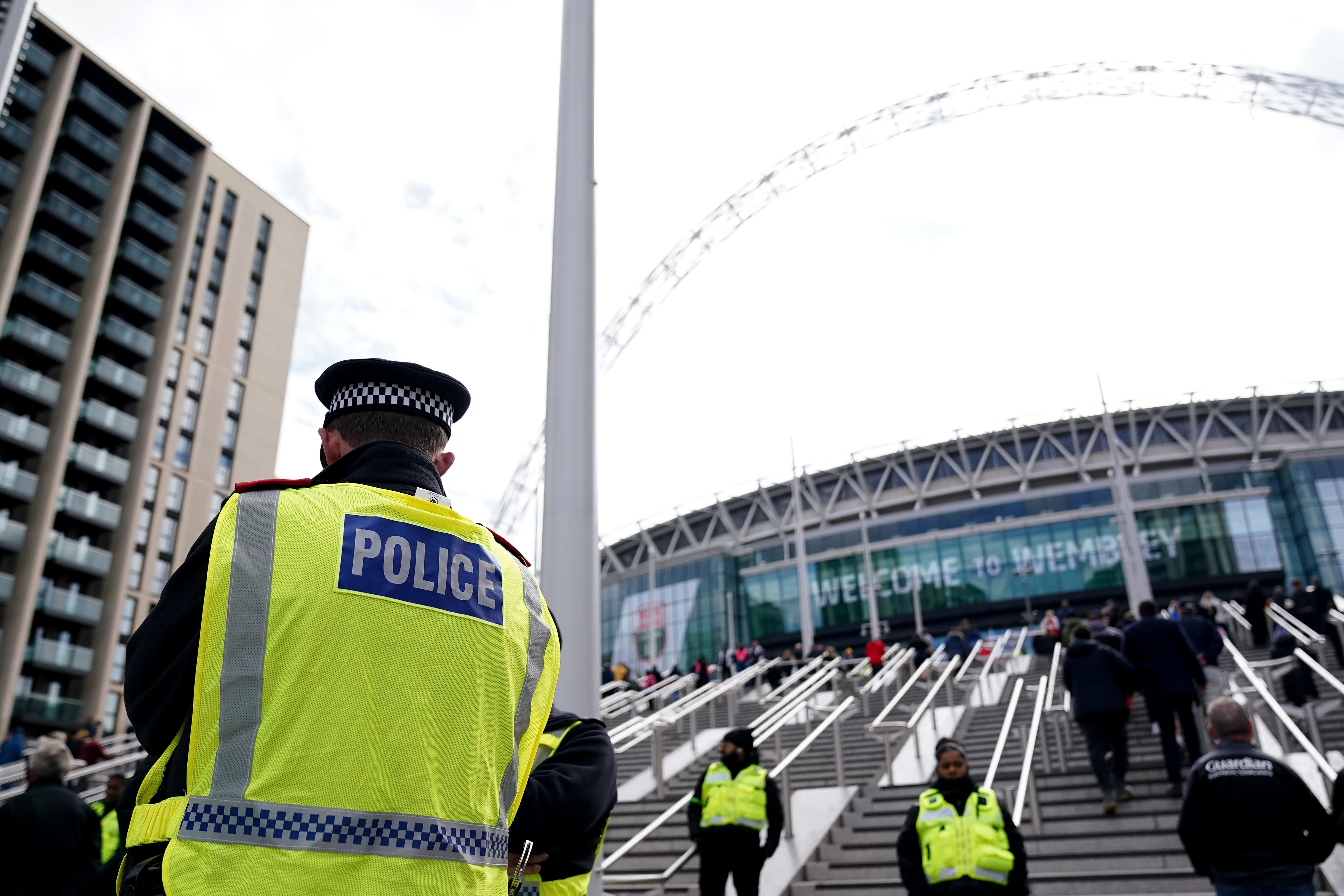Convicted drug users to be banned from attending football matches
Cocaine is seen as one of the key drivers in the increased levels of disorder at matches in England and Wales last season

Your support helps us to tell the story
From reproductive rights to climate change to Big Tech, The Independent is on the ground when the story is developing. Whether it's investigating the financials of Elon Musk's pro-Trump PAC or producing our latest documentary, 'The A Word', which shines a light on the American women fighting for reproductive rights, we know how important it is to parse out the facts from the messaging.
At such a critical moment in US history, we need reporters on the ground. Your donation allows us to keep sending journalists to speak to both sides of the story.
The Independent is trusted by Americans across the entire political spectrum. And unlike many other quality news outlets, we choose not to lock Americans out of our reporting and analysis with paywalls. We believe quality journalism should be available to everyone, paid for by those who can afford it.
Your support makes all the difference.Fans convicted of taking, selling or in possession of Class A drugs at football matches will be issued with banning orders from next week.
The use of such drugs, in particular cocaine, is seen by the UK’s football policing chief as one of the main drivers in the increased disorder witnessed at matches in England and Wales since the return of spectators to stadiums after the coronavirus pandemic.
Home Office data published in September showed there were 2,198 football-related arrests at matches in England and Wales last season, the highest figure since 2013-14, with reported incidents of disorder at more than half of fixtures.
Baroness Louise Casey also pinpointed cocaine use as a contributary factor in the disorder witnessed at the Euro 2020 final at Wembley last year.
Legislation coming into effect next week means anyone convicted of Class A drug offences at matches will face a banning order of between three and 10 years, alongside the criminal conviction.
Policing minister Chris Philp said: “Class A drug use at football matches is a disgrace which has fuelled some of the shameful behaviour we have seen at games by certain groups of fans.
“Using and dealing drugs is neither safe nor victimless and has no place in society or football.
“That is why we have taken action to make sure anyone who takes or deals drugs such as cocaine at football matches will be prevented from attending games and threatening the safety of the majority of fans, including children, who just want to enjoy the game.”
Chief constable Mark Roberts of Cheshire Police, the UK’s football policing lead, spoke to the PA news agency in September about the issue of Class A drug use connected to the sport.
“When we do operations on the rail network and when we do operations at grounds, we are consistently finding the presence of cocaine,” he said.
“When we’ve done exercises where we’ve swabbed in toilets in grounds, we know they’re clear before the game, then when we swab afterwards, you’re generally getting a 100 per cent hit rate (for cocaine).
“So clearly it’s a prevalent thing to take at football and we need to clamp down on that. There is ample evidence that cocaine, particularly with alcohol, in a heightened state of emotion which you often get with football, leads to aggressive and violent behaviour.”